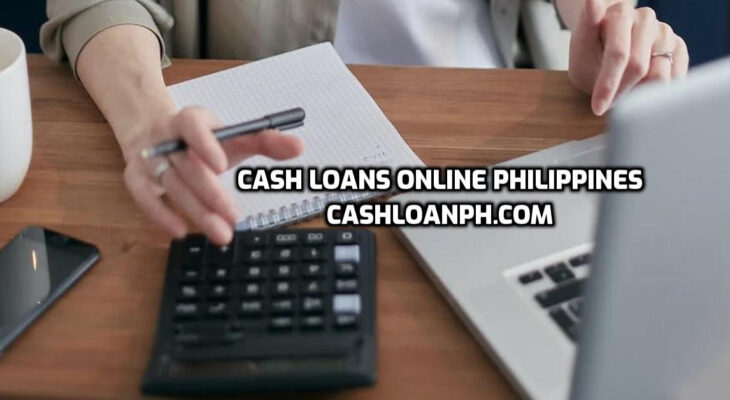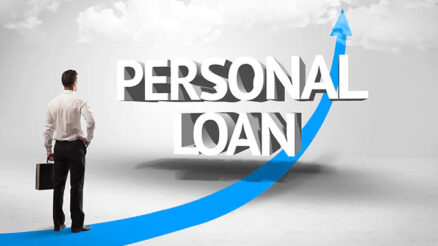Online lending has become a lifeline for many Filipinos – whether it’s for emergency medical expenses, tuition fees, or capital for a small business. With just a few taps on a smartphone, you can apply for a loan and receive money within minutes. But this convenience comes with serious risks.
Many fraudulent and predatory loan apps are targeting unsuspecting borrowers. Some charge outrageous fees, use illegal collection tactics, or abuse your personal data. To protect yourself, the very first step before borrowing is verifying whether the lender is registered with the Securities and Exchange Commission (SEC) and has a valid Certificate of Authority (CA) to Operate as a Lending Company.
This article will walk you through:
- Why SEC registration and CA are essential.
- A simple step-by-step process to verify any online lender.
- Common mistakes to avoid during verification.
- What happens if you borrow from an unregistered lender.
Why SEC Registration and a Certificate of Authority Matter
When a lender is registered with the SEC and holds a valid Certificate of Authority (CA), it means they’ve passed strict legal and financial requirements to operate. This registration is not just a formality – it’s your main shield against loan scams and abusive practices.
Here’s why this step is non-negotiable:
- Legal Protection: Only lenders with a CA are legally allowed to offer loans in the Philippines. If a company doesn’t have it, their operations are considered illegal, no matter how professional their website or app may look.
- Regulation and Oversight: SEC-regulated lenders must follow rules on interest rates, fees, and ethical debt collection. If they violate these rules, they can be penalized, suspended, or shut down.
- Accountability: If things go wrong – such as being overcharged or harassed – you can file a complaint with the SEC. You won’t have this protection with illegal lenders.
- Consumer Rights: Registered lenders fall under the Financial Products and Services Consumer Protection Act (RA 11765), which grants borrowers protection against fraud, abuse, and misleading terms.
- Data Privacy Compliance: Legitimate lenders are more likely to follow the Data Privacy Act of 2012 (RA 10173). They must handle your data responsibly, unlike rogue apps that steal and misuse your information.
Bottom Line:
If a lender isn’t on the SEC’s list of authorized lending companies, don’t engage. No loan is worth risking your safety or privacy.
Step-by-Step Guide to Verifying a Lender’s SEC Registration (2025 Edition)
Checking if a lender is registered and authorized is easier than it sounds – but it must be done carefully and using only official sources.
✅ Step 1: Visit the Official SEC Website
Go directly to the Securities and Exchange Commission’s official site:
👉 www.sec.gov.ph
Avoid links in emails, texts, or social media ads claiming to lead to SEC resources. These could be fake websites created by scammers.
✅ Step 2: Find the List of Registered Lending Companies
Navigate to the “Lending and Financing Companies” section. You’ll find a downloadable file or searchable list called something like:
- “List of Lending Companies with Certificate of Authority”
This is your key resource. The SEC updates this list regularly to reflect active, suspended, or revoked licenses.
✅ Step 3: Search for the Lender’s Legal Name (Not Just the App Name)
Use the exact legal name of the company behind the loan app, not just the brand name. Some apps are operated under different corporate names.
What to check:
- Name match: Make sure the name is listed exactly as shown in the app or website.
- CA Number: Confirm the Certificate of Authority number exists and is valid.
- Date of issuance: Make sure the certificate hasn’t expired or been revoked.
- Registered business address: Cross-check this with the app’s or website’s “About Us” or “Contact” sections.
⚠️ If you only see a Certificate of Incorporation, that’s not enough. A company can be registered with the SEC without being authorized to lend. You need to confirm they also have a Certificate of Authority to Operate as a Lending Company.
✅ Step 4: Check SEC Advisory Lists and Enforcement Actions
Go to the Advisories or Enforcement Orders sections of the SEC website. These contain warning lists of:
- Companies operating without a CA
- Lending apps flagged for fraudulent practices or abusive behavior
- Firms under investigation or suspension
If your prospective lender appears here – even if they’re registered – walk away immediately. No legitimate company ends up on this list by accident.
✅ Step 5: Verifying Digital Banks (A Separate Category)
Not all online loan providers fall under SEC jurisdiction. Some are regulated by the Bangko Sentral ng Pilipinas (BSP) – especially digital banks like:
- CIMB Bank
- Tonik Bank
- UnionDigital
- Maya Bank
To verify them:
- Visit the official BSP website: www.bsp.gov.ph
- Search for the bank in the “List of BSP-Supervised Financial Institutions (BSFIs)”
Common Mistakes That Can Leave You Vulnerable
Even well-intentioned borrowers fall into traps. Here are common missteps to avoid:
❌ Assuming App Store Presence = Legitimacy
Illegal apps can and do appear on the Google Play Store and Apple App Store. Always verify independently through SEC or BSP channels.
❌ Trusting Website Claims Blindly
Many scam websites fake SEC registration seals or copy-paste registration numbers from legitimate companies. Don’t take their word for it – always cross-check with the official SEC database.
❌ Confusing SEC Incorporation with Lending Authority
A company may be incorporated with the SEC but not licensed to lend. You need both: SEC registration + Certificate of Authority to lend.
❌ Ignoring Red Flags Because of Registration
Just because a lender is technically registered doesn’t mean they’re ethical. Some may still use scare tactics or violate data privacy. Check user reviews, permissions the app asks for, and whether the loan terms are clear and fair.
What Happens If You Borrow from an Unregistered Lender?
The consequences of engaging with an unregistered or illegal online lending app can be devastating:
- No legal protection: You’ll be outside the SEC’s jurisdiction, which means you can’t file formal complaints or ask for intervention.
- Harassment and threats: Many rogue apps resort to shaming tactics, calling your contacts, or threatening arrest – all of which are illegal but hard to stop without a legal framework.
- Data exploitation: Your private information – photos, contacts, even your messages – may be accessed and abused. This can lead to identity theft or online extortion.
Final Thoughts: Do Your Homework Before You Borrow
Every year, the SEC shuts down hundreds of illegal online lenders in the Philippines. But new ones keep popping up. As a borrower, your best protection is knowledge and vigilance.
Make it a rule: Never borrow from any online lender without verifying SEC registration and CA status. It’s not just a formality – it’s your first and most powerful line of defense.
Before you download that app or fill out that form, take five minutes to check the SEC or BSP website. It could save you from months of harassment, financial loss, and emotional stress.
Related Resources:



